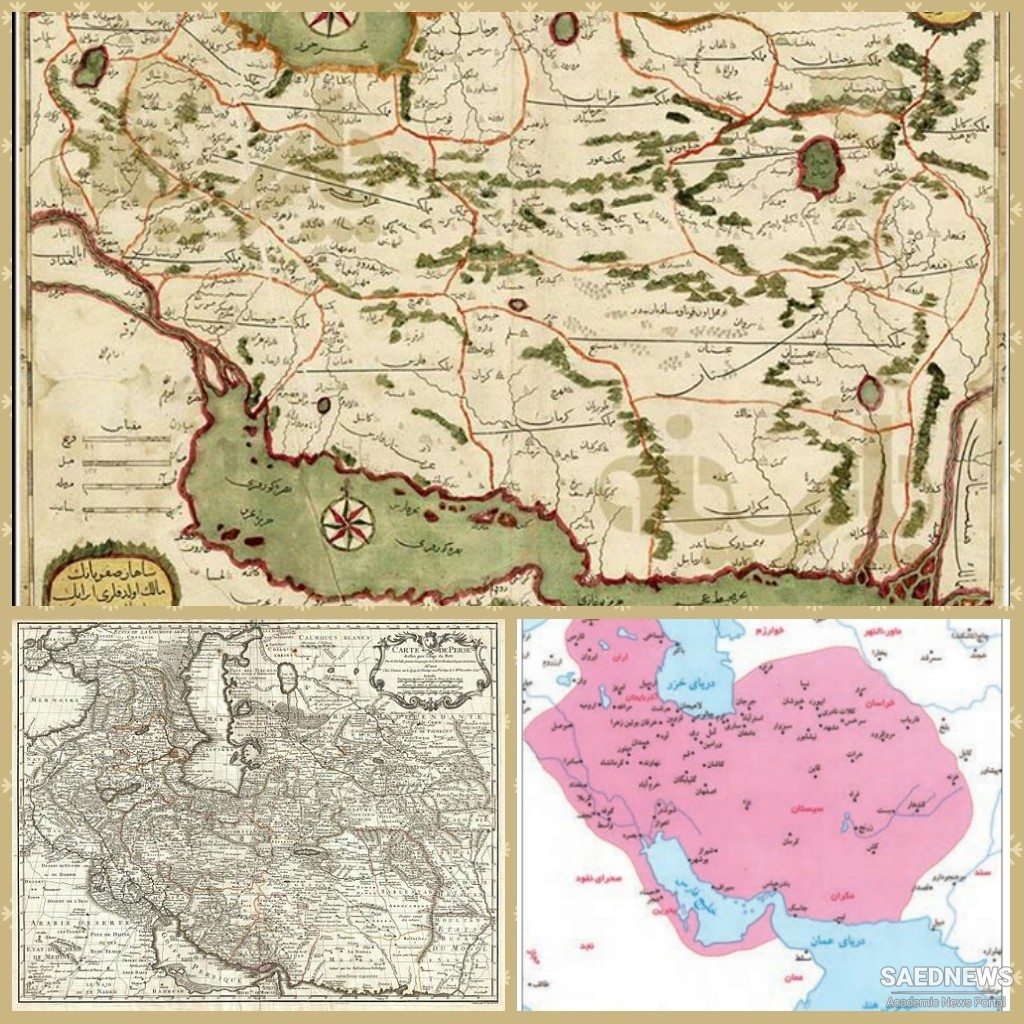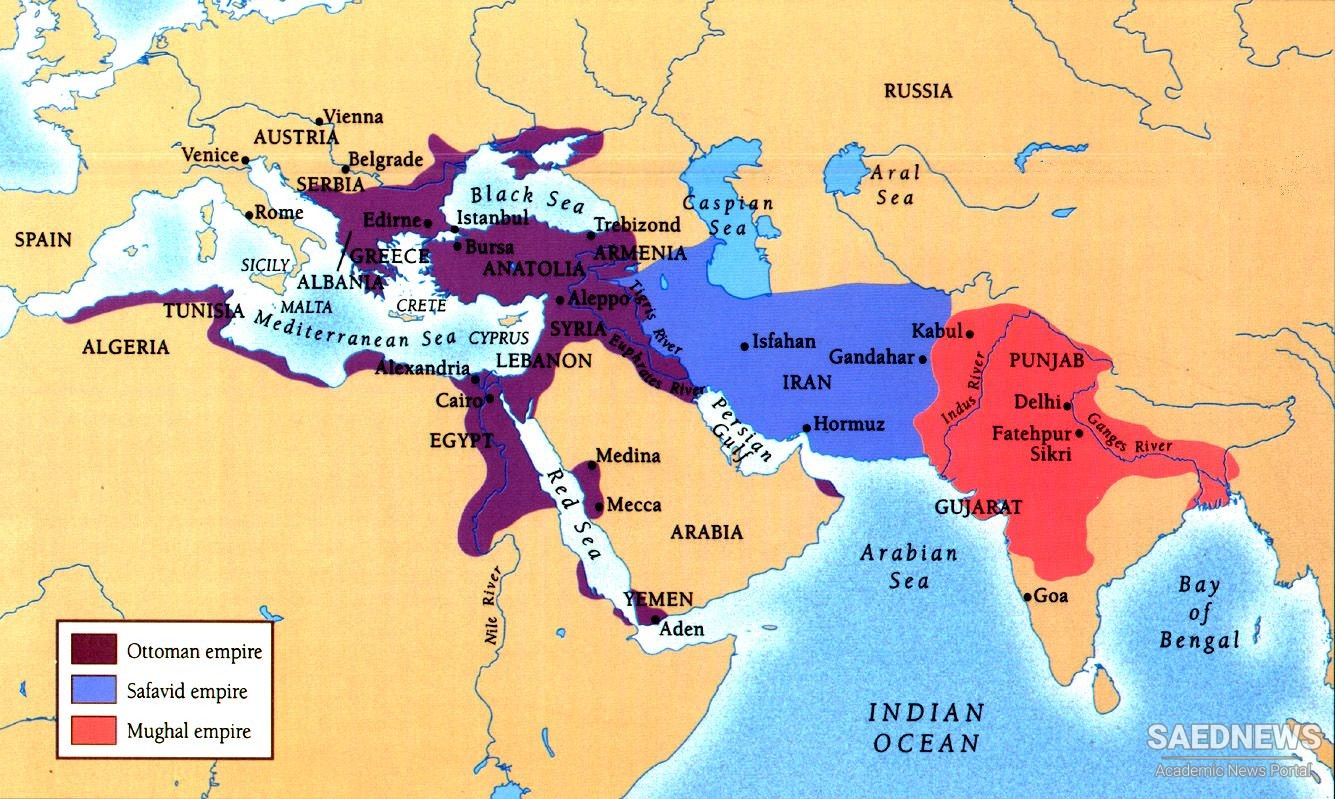Who was this Ismail, who made such an impact on the Persia of his time and whose influence was still felt centuries later? His personality presents difficulties to the historian which cannot be resolved adequately by reference to either his biography or his career. Rather, they become clear and comprehensible only when one considers his origins and the strange intellectual climate which produced him. We have already met his father, Shaikh Haidar, and his grandfather Junaid as notably enterprising characters in Turkmen history, politically ambitious representatives of the Safaviyya, a widespread suf I order centred on Ardabil in the south-western coastal region of the Caspian Sea. The early history of this order differs little from that of other Islamic conventicles, but the political development in which it culminates is quite unique. The order is named after Shaikh SafI al-Din Ishaq, whose lifespan (650-735/1252-1334) coincides almost exactly with the Persian Mongol empire of the Il-Khans, a circumstance which in several respects helped to determine his life and actions.This era constitutes a special period in the history of Islam. With the destruction of the Caliphate by the Mongols and the decline of almost all the previous centres of power in the Islamic East, Islam was faced with a grave crisis, both political and religious; indeed, even its very existence seemed threatened. Moreover, after the numerous theological disputes and the endless wrangling between heretical sects in precedingcenturies, the chance of a reconciliation of the warring factions and a reversion to the essential elements of the faith might have been found in this very crisis. It cannot be said that the opportunity was exploited: even at this point Islam did not undergo a genuine renaissance or reformation. However, in the territories under Mongol rule at least, certain differences were pushed into the background, for example, the split between the four schools of law and the violent opposition between the Sunna and the Shi'a, the origin of which - the question of the legitimate ruler of the Islamic world - had lost its immediate significance in the light of the Mongol victory. With the loss of the political background, the official theology, which had never been popular because of its rationalism, was deprived of much of its importance and influence (Source: The Cambridge History of Iran, vol. 6).



 Shah Ismail Founds Safavid Empire: Early Modern History of Iran
Shah Ismail Founds Safavid Empire: Early Modern History of Iran














































